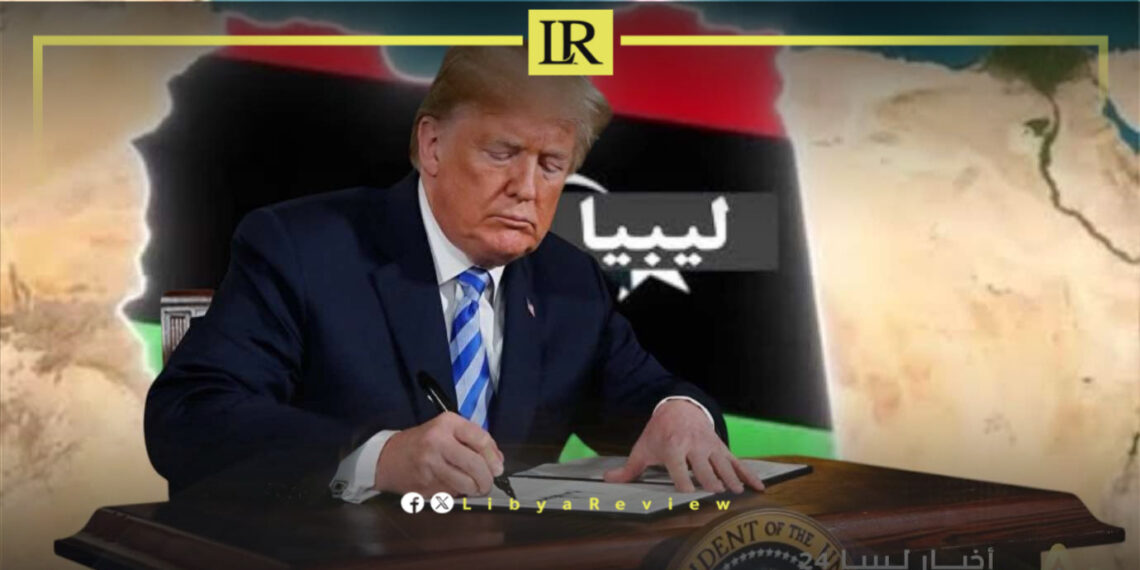Libya has returned to the center of US foreign policy priorities as the Trump administration enters its second term. In a region marked by growing instability and shifting global rivalries, Libya’s strategic location, energy reserves, and fractured political landscape have brought it back into sharp focus for Washington.
US President Trump’s senior advisor for Africa, Massad Boulos, to both Tripoli and Benghazi, signaled a serious attempt by the US to re-engage with key Libyan players. The visit was not ceremonial; it was a direct move to gather intelligence on the balance of power, reassess local dynamics, and prepare for more active US involvement.
In his meeting with Prime Minister Abdulhamid Dbaiba in Tripoli, Boulos raised concerns over the fragile security situation, particularly the uncontrolled spread of armed groups and the weakening authority of the state. These concerns are not new, but they are now more urgent as Washington views Libya as both a potential partner and a potential risk amid global energy uncertainties and the growing influence of Russia and China across Africa.
In Benghazi, discussions reflected the reality that the Libyan National Army controls most of the country’s territory, including major oil fields and border zones. This territorial control offers a level of stability absent in Tripoli but also underscores the ongoing divide between Libya’s eastern and western factions.
For the US, Libya presents a strategic opportunity if stability can be restored. The country offers alternative energy routes, a launchpad for regional engagement, and a buffer against chaos in the Sahel and North Africa. But engagement depends on one condition: security.
Despite renewed attention, Washington has yet to outline a clear Libya strategy. There is no formal US initiative on the political process, elections, or conflict resolution. This ambiguity raises questions about whether the US is prepared to move from symbolic visits to meaningful policy action.
Libya now stands at a crossroads, between investment and instability, between attention and action. Whether the US becomes a true partner or just another distant observer may depend on how Libyan leaders respond to this moment.


